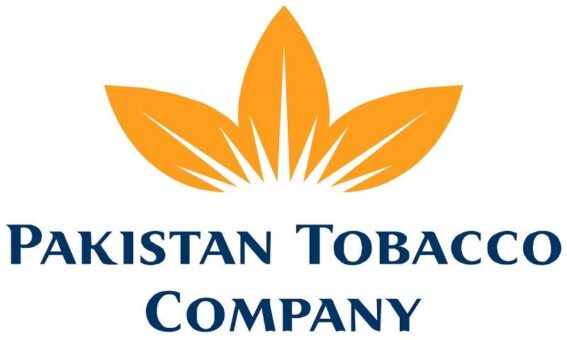In February 2023, Pakistan’s Finance (Supplementary) Bill 2023 introduced a significant excise increase for the tobacco industry, resulting in the highest-ever excise duty on tier-1 and tier-2 cigarette brands.
While intended to boost government revenues and discourage smoking, this unprecedented increase has had unintended consequences. The duty paid cigarette industry experienced a 100% price increase, widening the gap with duty-not-paid (DNP) brands.
As a result, the availability of cheap smuggled cigarettes has surged, leading to a decline in domestic sales for compliant manufacturers and a loss to the national exchequer, according to a report of Pakistan Tobacco Company (PTC).
READ MORE: Pakistan Tobacco announces 38% surge in quarterly profit despite tax hikes
Negative Impact on Government Revenues and Compliance:
The substantial price disparity between duty paid and duty-not-paid brands created a strong incentive for consumers to switch to the DNP segment. This shift has adversely impacted government revenues due to increased duty evasion. The excise tier threshold and minimum legal price increased by only 35% and 80% respectively, introducing an anomaly in the excise structure. Consequently, compliant duty-paid manufacturers faced challenges in sustaining their operations while DNP brands continued to flourish.
Rise in Smuggled Cigarettes:
The excise increase and price disparity have fueled the availability of cheap smuggled cigarettes in the market. Over 70 smuggled cigarette brands flooded the market without adhering to regulations such as graphical health warnings. These brands are sold below the mandated legal price, further encouraging their consumption. The surge in the smuggling of cigarettes not only undermines public health efforts but also causes significant revenue losses for the government.
Challenges for the Duty Paid Cigarette Industry:
The duty paid cigarette industry has been severely affected by the excise-led price increase. One prominent cigarette manufacturer reported a 64% decrease in domestic volume in March 2023 compared to January 2023. The sustainability of the duty paid industry is under threat as consumers opt for cheaper alternatives. This decline in domestic manufacturing may not be accompanied by a proportional decline in smoking incidence, as DNP products remain widely available.
Government Intervention and Stronger Enforcement Measures:
To address the challenges faced by the tobacco industry, stronger enforcement measures are essential. The government needs to allocate dedicated financial and human resources to enforce regulations and combat duty evasion. By cracking down on the sale and distribution of smuggled cigarettes, the government can protect public health and increase revenue streams.
Broader Impact on the Manufacturing Sector:
The struggles of the tobacco industry are not isolated but reflect broader challenges faced by the manufacturing sector in Pakistan. The industry has been grappling with limited access to foreign currency for importing raw materials and machinery spares due to dwindling foreign currency reserves. Delays in repatriating dividends to overseas shareholders have also created uncertainty among investors. Combined with local currency devaluation and high inflation, these factors impede the sustainability of the manufacturing sector, which is crucial to the country’s economy.
Government and State Bank Intervention:
To ensure the sustainability of the manufacturing industry, the government, in collaboration with the State Bank of Pakistan, must take swift action. Implementing policies that facilitate the manufacturing sector, streamlining foreign currency access, and addressing issues related to repatriation of dividends are crucial steps. By creating a favorable business environment, the government can restore investor confidence and support the backbone of Pakistan’s economy.
Conclusion:
The February 2023 excise increase in Pakistan’s tobacco industry has had unintended consequences, including a surge in the availability of cheap smuggled cigarettes and a decline in domestic sales for compliant manufacturers. To address these challenges, the government needs to adopt stronger enforcement measures and allocate sufficient resources to combat duty evasion.
READ MORE: Prevalence of NDP cigarettes hampers Pakistan efforts to curb smoking
